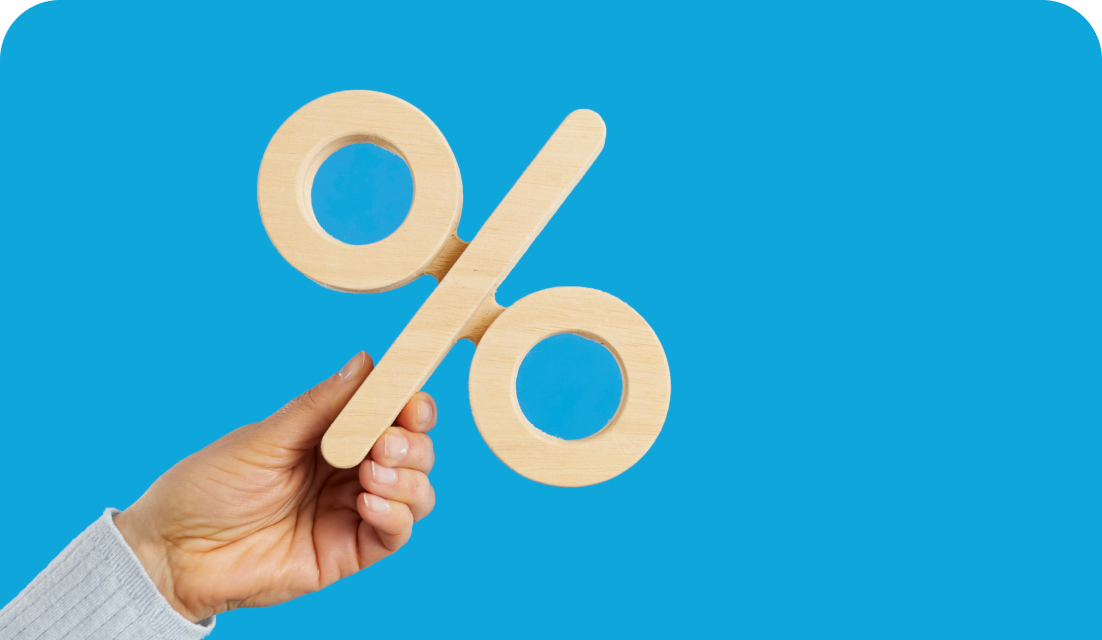Checking Accounts
Streamline Your Finances: Experience Flexible Checking with Great Benefits
Optimize Your Everyday Banking with Convenient Features and Rewards
Checking Account Types: Benefits & Drawbacks

Standard Checking
Standard Checking accounts offer fundamental banking services with a focus on ease and accessibility. They typically require low or no minimum balance, making them accessible for regular banking needs. These accounts provide essential services like check writing and debit card access, along with the convenience of online banking and mobile apps.
Hide pros & cons Learn more
Learn more 
 Learn more
Learn more 
 Pros
Pros- High accessibility
- Convenience
- Low entry requirements
- Digital access
 Cons
Cons- Lower interest rates
- Potential for higher monthly fees
- Limited advanced features


Online Checking
Online Checking accounts stand out for their lower fees and higher interest rates, benefiting from reduced operational costs of online-only platforms. They offer round-the-clock online and mobile banking access, along with innovative digital tools, catering to a tech-savvy customer base.
See pros & cons Learn more
Learn more 
Learn more  Learn more
Learn more 


Interest-Bearing
Interest-Bearing Checking accounts combine the functionalities of standard checking with the added advantage of earning interest on deposits. Ideal for those maintaining a steady balance, they often feature perks such as fee waivers for meeting certain balance requirements.
See pros & cons Learn more
Learn more 
Learn more  Learn more
Learn more 


Business Checking
Business Checking accounts are designed for the specific financial needs of businesses, offering higher transaction limits and cash deposit allowances. They often integrate with business software and provide additional services like payroll management, essential for efficient business financial management.
See pros & cons Learn more
Learn more 
Learn more  Learn more
Learn more 


Competitive &
Transparent Fees
Transparent Fees
Find the best in value. We compare checking accounts to bring you options with transparent and competitive fees. Discover banking that’s fair and straightforward, tailored to fit your budget.

Simplified Choices and Personalized Guidance
Ease your decision-making. Our platform simplifies the search for the right checking account by clearly comparing features and benefits. Let MoneyRates guide you to a choice that fits seamlessly into your financial life.

Trust and Security as Our Cornerstones
Choose with confidence. We feature checking accounts from trusted institutions, prioritizing your security and peace of mind. With MoneyRates, you're selecting from partners who value your financial safety as much as you do.



